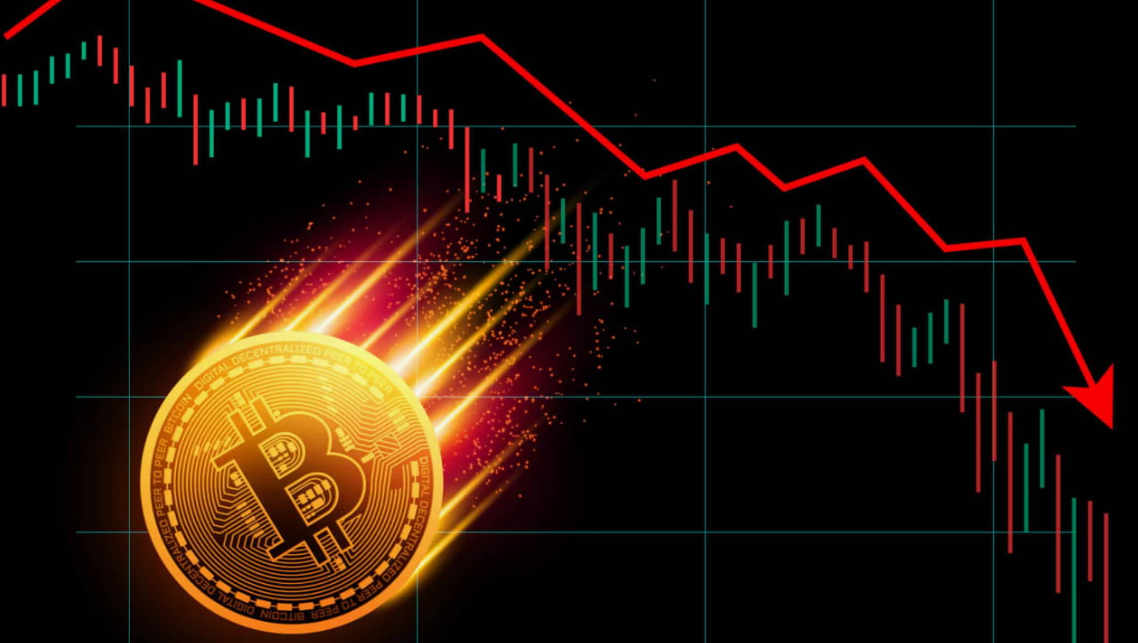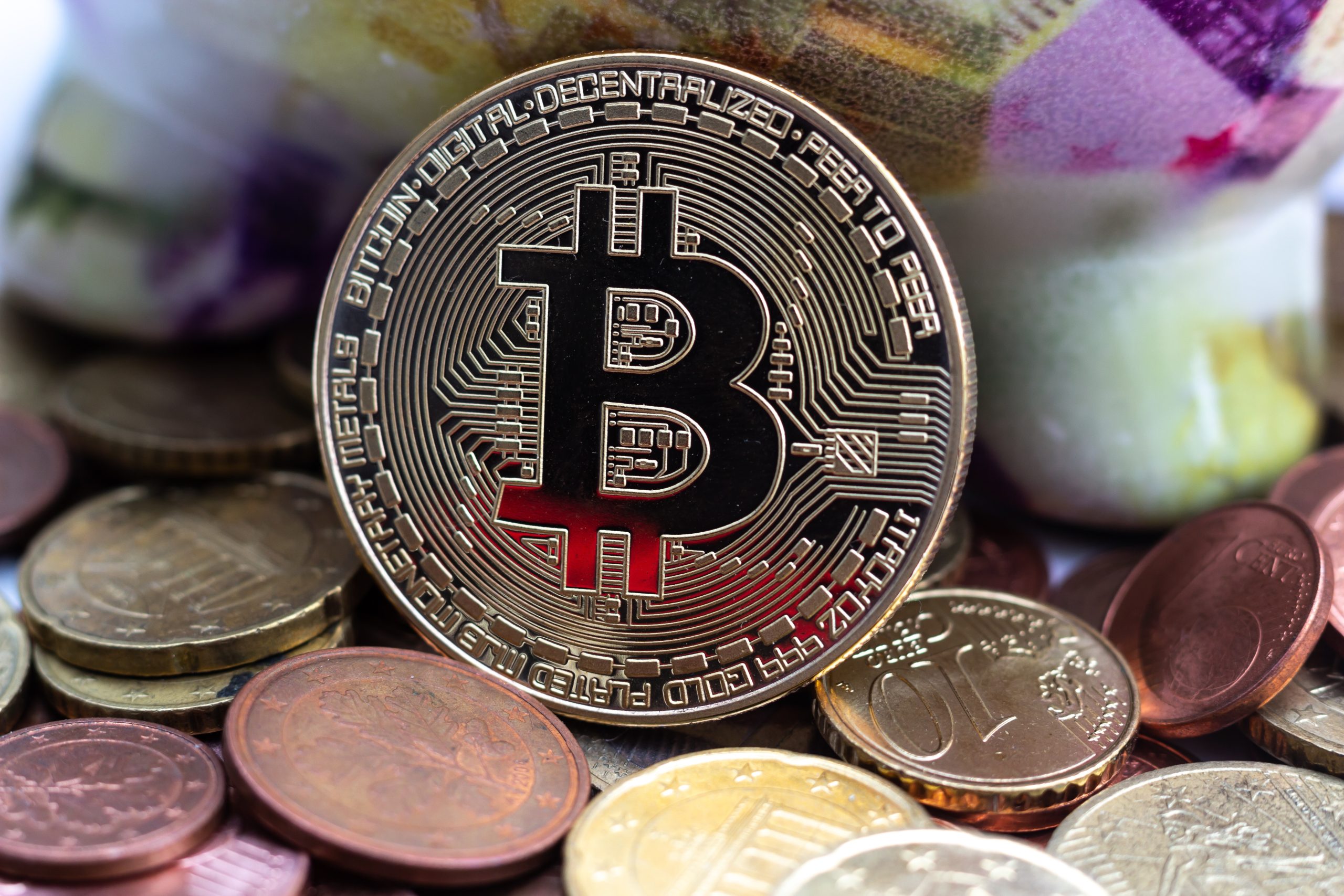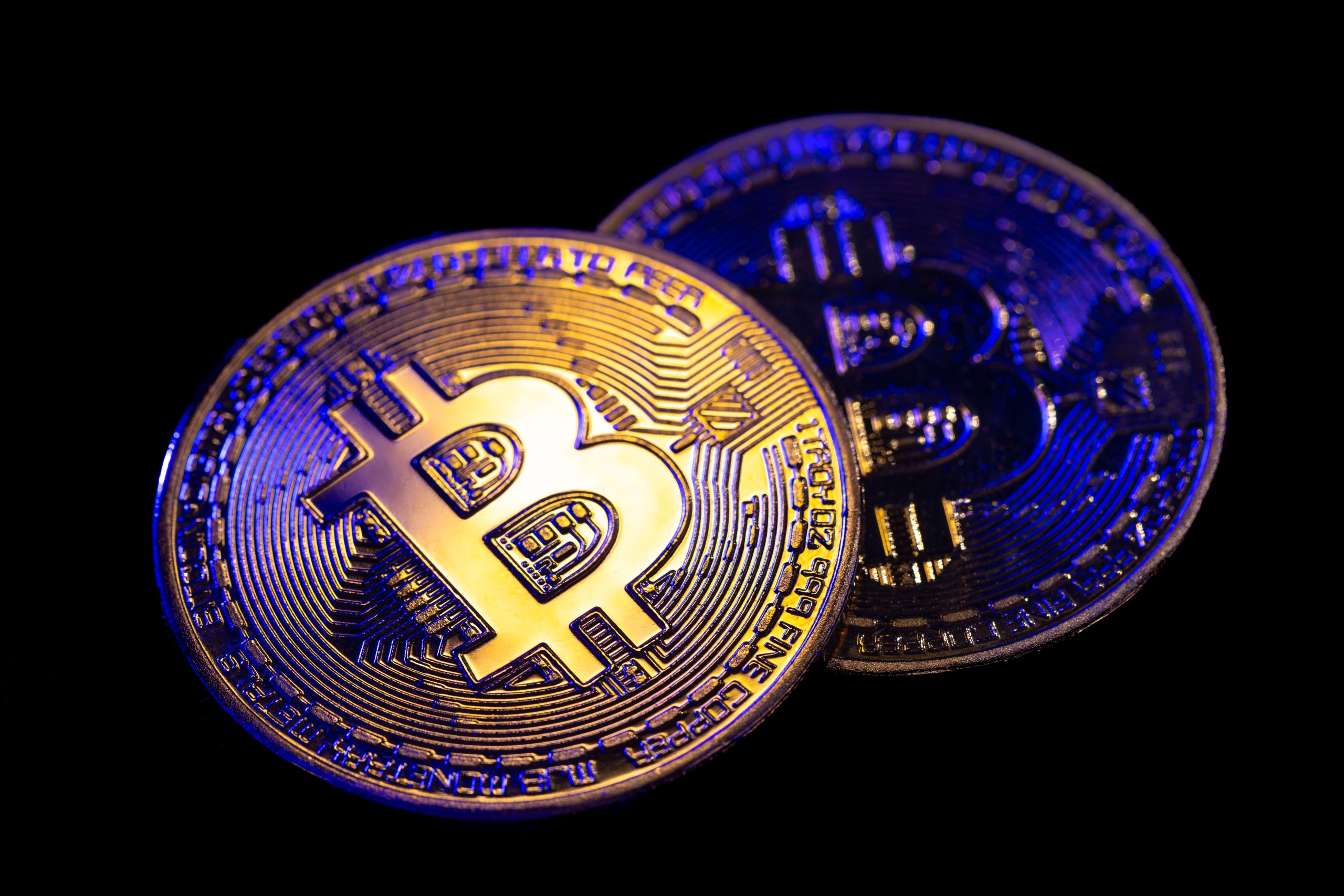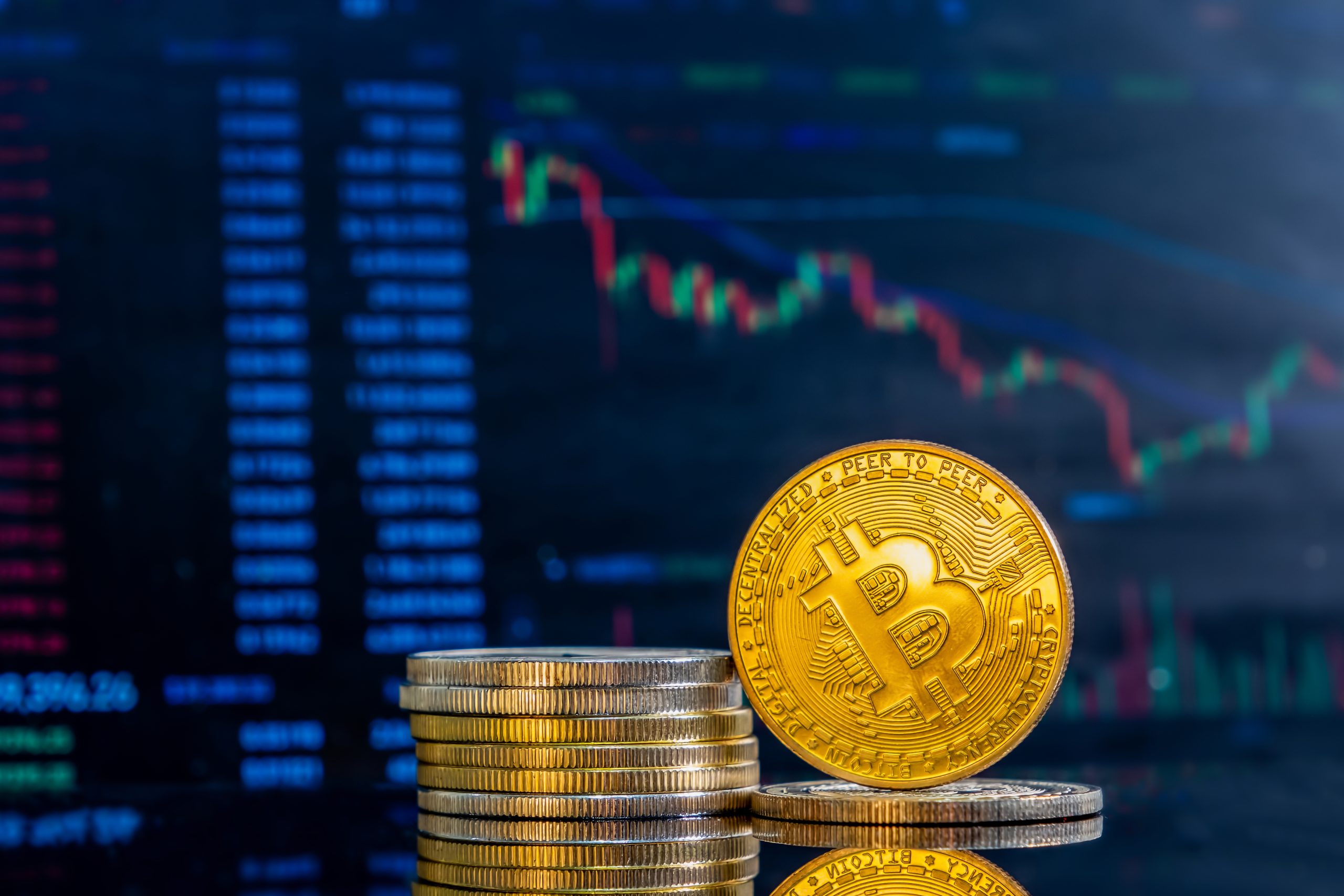Inflation—it’s the financial buzzword everyone’s talking about. When prices go up, our wallets feel lighter, and the global economy starts shaking. But who steps in to save the day? Central banks! Around the world, central banks are making bold moves to combat inflation, and the ripple effects are massive. Let’s take a closer look at what’s happening globally and why these decisions matter to all of us.
What Causes Inflation?
Before diving into how central banks combat inflation, let’s quickly break down what causes it. Inflation happens when prices of goods and services rise over time. It can be caused by:
- Demand-Pull Inflation: Too much demand and not enough supply (think post-pandemic shopping sprees).
- Cost-Push Inflation: Higher costs for production, like expensive raw materials, push prices up.
- Monetary Factors: Printing too much money can reduce its value, causing inflation to spike.
Inflation isn’t always bad, though. A little is good for a growing economy, but too much? That’s when central banks step in.
How Central Banks Fight Inflation
Central banks are like the economy’s doctor, diagnosing and treating inflation. They use different tools to stabilize the situation. Here are some key moves they’re making:
1. Raising Interest Rates
The most common tool to combat inflation is hiking interest rates. When borrowing becomes expensive, people and businesses spend less. That slows down the economy and eases inflation.
2. Reducing Money Supply
By selling government bonds or increasing reserve requirements for banks, central banks can pull money out of circulation. Less money in the system means reduced spending and lower inflation.
3. Adjusting Foreign Exchange Rates
Some countries manipulate their currency value to tackle inflation. For instance, central banks might strengthen their currency to make imports cheaper, which can lower inflation.
4. Communication and Forward Guidance
Sometimes, just signaling what they plan to do can stabilize markets. Central banks often use public statements to manage expectations and cool down inflation fears.
Global Perspectives on Inflation
Inflation isn’t a one-size-fits-all problem. Each country faces unique challenges and employs different strategies. Let’s see how some major players are handling inflation:
United States
The Federal Reserve has aggressively raised interest rates in recent years to tackle rising inflation. This has cooled the housing market but also made borrowing tougher for businesses.
European Union
The European Central Bank is balancing inflation control with growth concerns. While raising interest rates, they’re also cautious about not hurting struggling economies like Italy and Spain.
Emerging Markets
Countries like Brazil and India are dealing with inflation caused by supply chain disruptions and weak currencies. Central banks here often raise rates faster and higher than developed countries to protect their economies.
Japan
Japan is a unique case. For decades, it’s battled deflation (falling prices), so its central bank keeps rates low to encourage spending. Inflation has only recently become a concern.
Impact on Financial Markets
Central bank moves to combat inflation don’t just affect economies—they shake up global financial markets too. Here’s how:
1. Forex Market
When central banks raise interest rates, their currency often strengthens. For example, the U.S. dollar surged during the Fed’s recent rate hikes. Tools like FXpricing can help traders track these changes in real-time.
2. Stock Market
Higher interest rates can make borrowing more expensive for businesses, slowing growth and affecting stock prices. Investors need to be extra cautious during these times.
3. Commodities
Inflation often boosts commodity prices, but higher interest rates can dampen demand. Gold, silver, and oil are particularly sensitive to these shifts.
Why Tracking Inflation Is Crucial for Traders
If you’re a trader, inflation isn’t just a buzzword—it’s a major market mover. Understanding inflation trends and central bank actions can help you make better decisions. That’s where FXpricing comes in handy. With tools to track live forex rates, commodities, and market trends, it’s your one-stop platform for staying ahead in volatile times.
Challenges Central Banks Face
While central banks have powerful tools, fighting inflation isn’t easy. Here are some challenges they deal with:
1. Balancing Growth
Raise rates too much, and you risk a recession. Don’t raise them enough, and inflation spirals out of control. It’s a tricky balancing act.
2. Global Factors
Central banks can’t control everything. Oil prices, supply chain disruptions, and geopolitical tensions often make inflation worse.
3. Public Reaction
Rate hikes can hurt consumers, making loans, mortgages, and credit card debt more expensive. Central banks often face criticism for their decisions.
How FXpricing Can Help You Navigate Inflation
In these volatile times, having reliable data is more important than ever. FXpricing is here to help traders, investors, and financial professionals stay on top of market trends. Here’s why it’s a must-have:
- Real-Time Data: Access live rates for forex, stocks, and commodities.
- Economic Calendar: Track key events like central bank meetings and inflation reports.
- Market Analysis: Get expert insights to understand how inflation impacts different assets.
- Customizable Dashboards: Tailor your tools to focus on what matters most to you.
With FXpricing, you’re equipped to make informed decisions no matter how volatile the markets get.
Tips for Trading During Inflation
Trading during inflationary periods can be challenging but also rewarding. Here are some tips:
- Diversify Your Portfolio: Don’t put all your eggs in one basket. Spread your investments across different asset classes.
- Focus on Safe Havens: Gold, silver, and other commodities often perform well during inflation.
- Watch Interest Rates: Use platforms like FXpricing to stay updated on central bank decisions.
- Stay Informed: Follow economic news and use tools to analyze market trends.
- Think Long-Term: Inflation-driven market volatility is often short-term. Stay focused on your long-term goals.
FAQs
1. What causes inflation?
Inflation is caused by factors like excessive demand, rising production costs, and monetary policies like printing too much money.
2. How do central banks combat inflation?
They use tools like raising interest rates, reducing money supply, and managing currency values to stabilize prices.
3. Why does inflation affect forex markets?
When central banks raise rates to combat inflation, their currency often strengthens, impacting forex trading.
4. How can I track inflation trends?
Platforms like FXpricing offer real-time data, economic calendars, and market insights to help you stay informed.
5. Is inflation good or bad for investors?
It depends. Inflation can hurt fixed-income assets but boost commodities and other inflation-protected investments.





